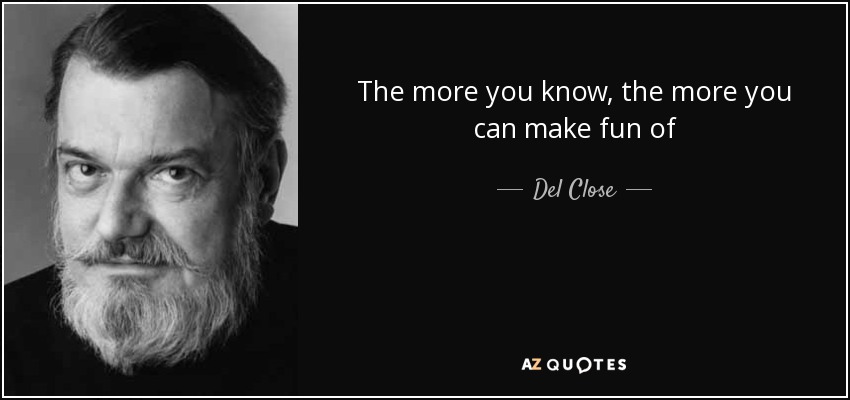I tend to run two models of role-playing game sessions: the one shot game and the mini-series. I rarely indulge in the long form campaign, my attention tends to wander quickly. I find inspiring my players relies on three elements: building emotional investment, sharing narrative control, and being on the same tonal page. Just about everything players say matters and has weight, unless they're quoting Galaxy Quest.
3 x 3 x 3 - Building emotional investment - I found this on the old 7th Sea forums years ago, and works wonders for making everyone feel interconnected with the setting and each other. The idea is have the players create 9 NPCs connected to their character - three friends, three acquaintances, and three enemies. Don't require it all at once, have them create 1 - 2 before each game session and insist on no more than three sentences each. Suggest cross pollinating the lists so some of the characters have mixed relationships with the same NPC. Then insert them into the narrative at any dramatic opportunity, as opposition or working cross purposes to build conflict.You mzy not use all of them, but try to squeeze in at least one NPC from each player.
It can contribute to a certain Guiding Days of All My Children's Hospital feel to things, making it feel like a small, melodramatic setting. On the other hand you are establishing and spotlighting character backstory in a front staged, interactive way, rather than exposition. Be sure to eschew backstory novellas when you do this, since it'll just be wasted work.
Tell Me 3 Things - Sharing narrative control- This is from the back of John Wick's Houses of the Blooded. One of the core elements of role playing is the idea that you are adopting another persona, one who lives, breathes, fucks, and dies in the collaborative fantasyland. So collaborate already.
Expanding on the idea of the improv principle of 'Yes, and...' when my players meet an NPC or go to a new place I ask them to tell me something that they know about that place or that person, until three things have been said. Everything stated is taken as fact on the surface, validating their fictional selves and further building out the setting. Anything could possibly be rooted in half-truth or flat out deception further complicating things for the players and adding depth.
Share inspiration -Same tonal page- These practices are built on the conceit that your players are interesting and intelligent people that you want to role-play with. Also the idea that role-playing is a collaborative medium, none of us are as strong as all of us. This can go awry if you're all going in different directions, for example sci-fi is a broad genre and if you want to run a game that meditates on economic nihilism then you want to keep things from getting too Hitchhiker's.
You can get everyone on the same page in two steps: 1) talk about the sorts of associated media so there's an established baseline of genre assumptions 2) make characters in a group so everyone can brainstorm character concepts and gel their relationships. The player characters are the most important characters in the campaign, providing perspective and coloring events with their agency and motivations. If you have most of the PC's are in line with Dark Matter, but there's one selfish Zaphod then the whole thing can go sideways, very fast.
Whatever your grand designs for fantasyland; if your players don't care, aren't enjoying themselves, and showing up out of obligation then you've failed. Loosen the reigns and share the narrative with them, as they've shared their time and presence with you.
Whatever your grand designs for fantasyland; if your players don't care, aren't enjoying themselves, and showing up out of obligation then you've failed. Loosen the reigns and share the narrative with them, as they've shared their time and presence with you.
This month's theme is Inspiring Your Players. the seed article is here.








No comments:
Post a Comment